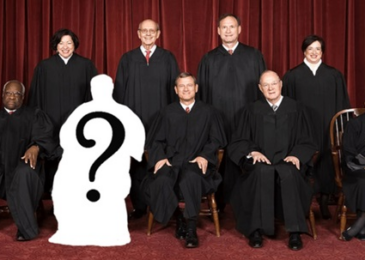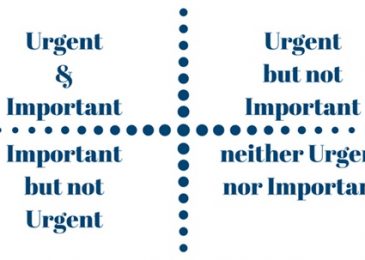We cannot assume a shared foundation.

Many Christians can identify the good in Christianity but wonder if it really has to be pushed on others. Do we have to evangelize? Is it even considerate?
Think of a non-Christian that you know. He or she probably has a job, drives a car or depends on modern transportation of some sort, puts away savings for the future, and uses a computer every day. He or she is modern. However, it’s likely that his or her job, home, perhaps spouse, or even circle of friends has changed in the last five to ten years.
His or her identity is in flux, nomadic. Things that have traditionally been seen as static—gender, sexuality, vocation, spouses, values—are now dynamic, interchangeable. This is late modern culture, a society that is physically modern, but socially liquid. The new ethic is to accept this liquidity.
How can we share the gospel with late modern people? We cannot assume a shared, sturdy traditional foundation from which to dialog. We have to be careful about assumptions. Also, people in flux want to be heard. We are shaped by a constant conversation, or information flow—the Internet and social media. This flow travels through our devices and our minds subtly reshaping our priorities, values, morals, and sense of worth.
People in flux want to talk about change, to narrate personal and social twists and turns. If we are to communicate the gospel to late modern people effectively, we must listen to them.
And here is the question people in your church are silently asking: “Is it plausible to evangelize in late modern culture?” Do we have to evangelize? Is it even considerate?
In late modernity, religious expression is curtailed. Take, for instance, the restriction of hijabs in France, or running a business …





